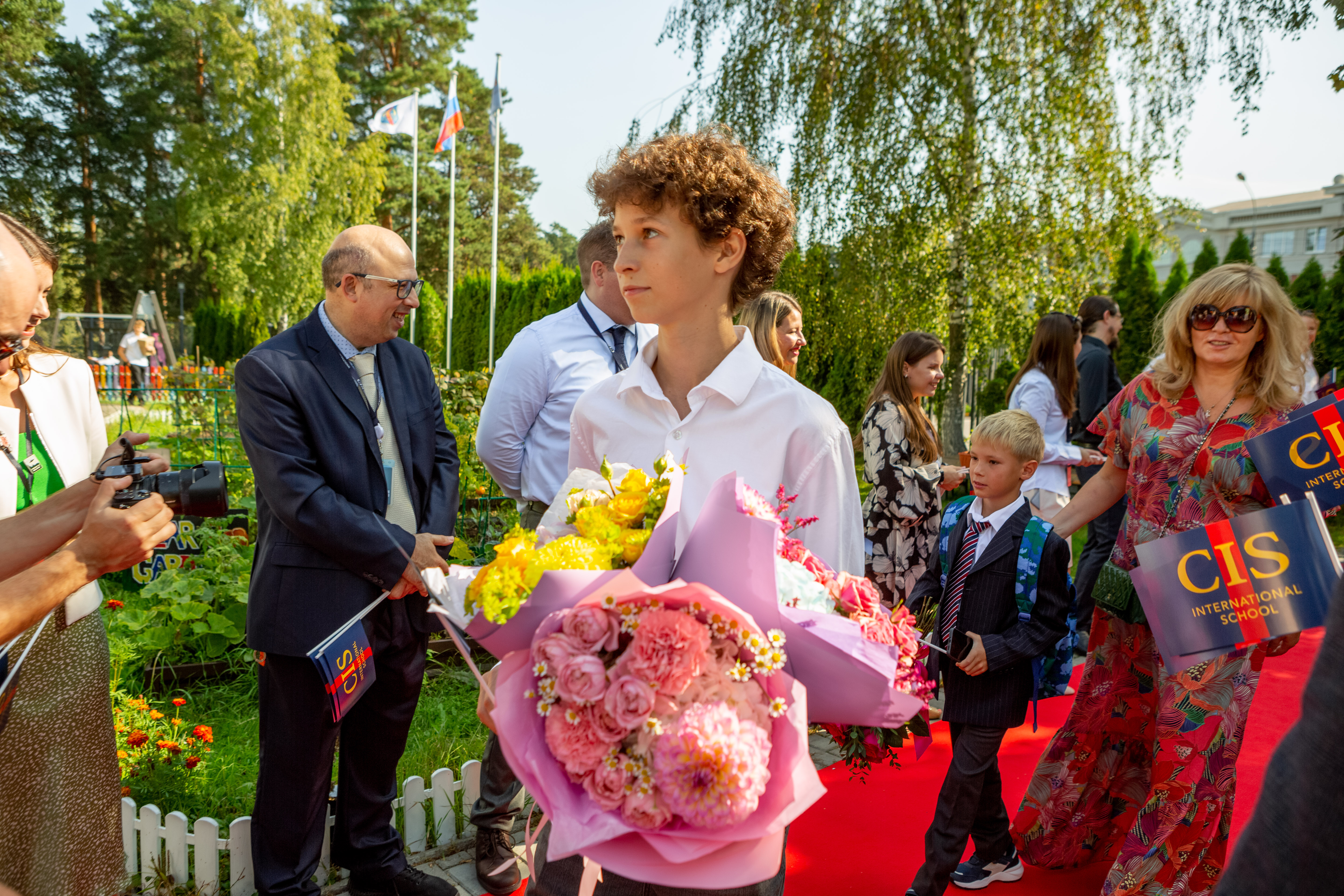What do you imagine when you hear the word ‘education’? School, classroom, blackboard and “tick box” lessons? These images are long gone. Education in 2025/2026 is becoming vibrant, flexible and personalised - one that does not just provide knowledge, but builds positive associations with the learning process and changes lives for the better.
Today we'll look at 9 educational trends that are already being implemented by schools, universities and private educational projects around the world.
1️⃣ Hybrid learning becomes the norm
After the pandemic, the world has not returned to the old model after all. Hybrid learning (offline + online) is no longer seen as a forced measure, but as a convenient opportunity:
🔹 Online lectures + face-to-face practical classes
🔹 Flexible schedules
🔹 Access to global experts via Zoom
According to McKinsey, ‘blended learning’ helps to increase learner engagement and personalise learning.
2️⃣ Personalisation through AI
With AI, children can learn at their own pace and adults can move straight to practical cases rather than going back over what they've learned.
Examples:
- ChatGPT for English practice
- Khan Academy with adaptive tests
- AI assistants that tailor curricula to a student's interests (World Economic Forum).
3️⃣ Soft Skills are more important than knowledge
We no longer live in a world where it's all about just knowing. Now the key skills are:
✅ Critical thinking
✅ Emotional intelligence
✅ Teamwork
✅ Flexibility to change
They are increasingly being introduced as part of school programmes and corporate training courses (LinkedIn Learning Report 2025).
4️⃣ Moving away from assessments to formative assessment
Assessments are becoming a development tool rather than a judgement.
Schools are adopting formative assessment where feedback helps students understand their strengths and growth areas rather than demotivating them. This keeps children confident and motivated in their learning through teacher-student teamwork.
5️⃣ Microlearning and bite-sized content
People want to learn in short bursts, 5-15 minutes a day, but regularly.
According to the US National Learning Laboratory, microlearning increases engagement and memorisation of information.
This is reflected in:
- Short video lessons
- Lessons on Telegram and TikTok
- Mini-courses in mobile apps
6️⃣ Globalisation of education
Now teenagers can study with MIT professors, attend summer schools in Cambridge, and adults can participate in international hackathons. Geography is no longer a limitation.
Services like Coursera, EdX, FutureLearn allow you to learn from the world's best experts, often for free.
7️⃣ Learning through practice and projects
Schools and courses emphasise Project-Based Learning, where children and adults learn through real cases: creating applications, conducting social projects, launching micro-businesses.
This gives:
✅ Motivation through practical relevance
✅ Development of problem-solving skills
✅ Experience of teamwork
8️⃣ Gamification of education
Gamification turns learning into a game, increasing motivation and enjoyment:
🔹 Points, levels, badges
🔹 Educational quests
🔹 Interactive platforms like Kahoot, Classcraft, Duolingo
Gamification helps to keep students' attention and make the learning process natural.
9️⃣ Environmental and sustainable education
Modern schools and courses are increasingly focussing on the topics of sustainability, climate change and ecology.
Children and adults learn how to:
✅ Ecological habits
✅ Basics of circular economy
✅ Understanding global challenges
According to UNESCO, sustainable education helps to shape responsible citizens of the future.
Why it matters.
We no longer learn ‘for the sake of grades’ or ‘for the sake of a diploma’. We learn for discovery, progress and self-improvement. To build careers, find ourselves, discover the world, communicate without boundaries and adapt in a world that is changing faster than ever. These educational trends allow everyone from child to adult to learn in a way and at a pace that suits them.
Conclusion
Educational Trends 2025/2026 is not the future, it is already our reality. If we want children and adults to be ready for all the changes, we need to analyse these trends and take the best from them. Are you ready to learn differently? And to better understand yourself and your learning style, we invite you to take a quiz from Capella University.




